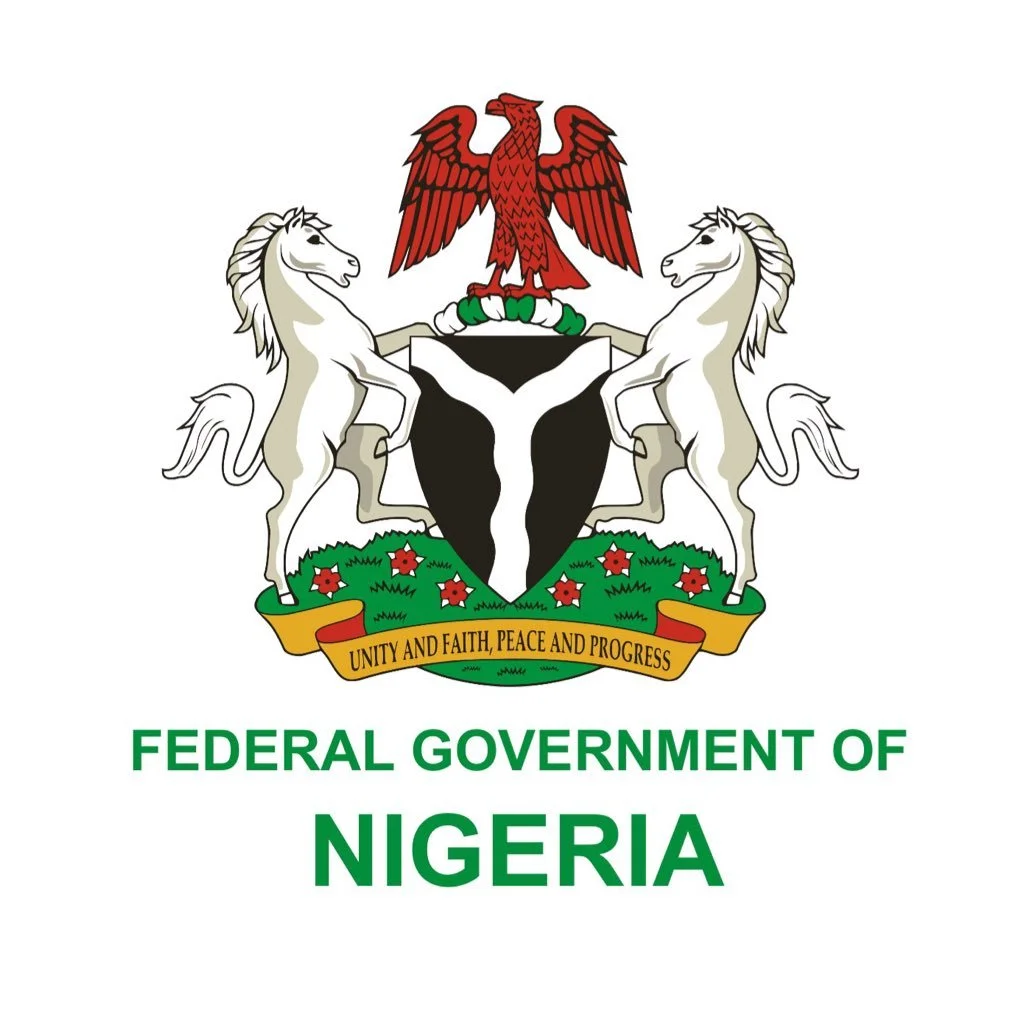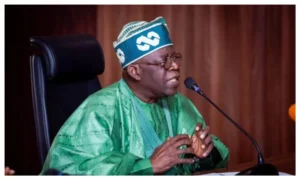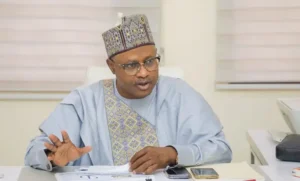Nigerian workers have confirmed that they are now receiving the new N70,000 minimum wage approved by the Federal Government, marking a significant milestone in the country’s labor landscape. The wage increase was officially put into effect in September 2024, with many federal workers receiving alerts of the adjustment in their salaries.
The announcement was made public by key labor leaders, including Benson Upah, spokesperson for the Nigeria Labour Congress (NLC), and Tommy Etim, Deputy President of the Trade Union Congress (TUC). In their separate statements, both emphasized that the Federal Government’s move should set an example for other employers in the country.
The N70,000 minimum wage is a 100% increase from the N30,000 that had been the standard since 2019, under the administration of former President Muhammadu Buhari. This development follows President Bola Ahmed Tinubu’s approval of the new minimum wage in July 2024, which was later passed into law by the Senate.
Benson Upah expressed satisfaction with the Federal Government’s actions, encouraging other employers across the country to adopt the same model. He noted, “We ask other entities to emulate this example.”
Tommy Etim of TUC echoed similar sentiments, urging that there should be no delay in implementing the wage increase. “The Federal Government’s committee on consequential adjustments already released a template, so no one has any moral ground to delay the payment. We advise that all other parties follow suit and commence the payment of the new minimum wage,” Etim said.
Several federal workers have reported receiving the wage increase in their September 2024 salaries. A civil servant working in the Office of the Head of Civil Service confirmed receiving the new wage, saying, “I got an alert around 2 pm on Thursday. I am hoping the arrears will come too.”
Many federal employees noted that they received an additional N40,000 on top of their previous salaries due to the wage adjustment. This means that over 1.2 million workers under the Federal Government’s payroll are now beneficiaries of the new wage structure.
The wage increase was accompanied by a review of the consolidated public service salary structure (CONPSS), confirmed by the Chairman of the National Salaries, Incomes, and Wages Commission, Ekpo Nta. The adjustment aligns with the recently amended Minimum Wage Act of 2024, solidifying the new N70,000 minimum wage as the law of the land.
While the wage increase has been widely welcomed by Nigerian workers, it comes at a time when the country is grappling with severe inflation and rising costs of living. As of August 2024, Nigeria’s headline inflation stood at 32.15%, while food inflation reached a staggering 37.52%. These numbers reflect the soaring prices of goods and services, which have placed significant financial pressure on many Nigerian households.
For many workers, the wage increase is a double-edged sword. On one hand, it offers much-needed relief; on the other hand, it might not be enough to offset the rising costs of basic needs such as food, transport, and housing.
For workers, the new wage represents a vital step in addressing economic hardships. Many households have struggled under the weight of stagnant wages, especially with inflation eroding the purchasing power of Nigerians. With the N70,000 minimum wage, workers hope to have a bit more financial breathing room.
Civil servants and other federal employees are already seeing the benefits, but the call for widespread adoption of the new wage is growing louder. Labor leaders like Upah and Etim have made it clear that both public and private entities must follow suit to ensure that all Nigerian workers benefit from the wage increase.
However, workers have also expressed concerns over whether the new wage will be sustainable in the long term, particularly in light of inflation. One worker noted, “The extra pay is helpful, but we still need the government to control prices in the market. Otherwise, the money won’t make much of a difference.”
The implementation of the new minimum wage marks a critical moment in Nigeria’s labor history, but it also highlights the need for broader economic reforms. Beyond wage adjustments, Nigerian workers are looking for a stable economy where inflation is controlled, and the cost of living becomes more manageable.
The Federal Government will need to continue engaging with labor unions and other stakeholders to ensure that the wage increase leads to meaningful improvements in the quality of life for workers. With over 1.2 million workers under the government’s payroll already receiving the new wage, the spotlight is now on private sector employers and state governments to adopt the new wage structure as well.
The introduction of the N70,000 minimum wage in Nigeria is a positive development for the country’s workforce, offering much-needed financial support in challenging times. However, with inflation still at record highs, the Federal Government’s efforts must go beyond just wage increases to address the broader economic issues at play.
As workers begin to feel the effects of their new pay, the real challenge will be ensuring that their increased wages can go further in the face of rising costs. In the meantime, all eyes will be on how quickly other employers across Nigeria adopt the new wage structure, ensuring that all workers benefit from this crucial policy change.







